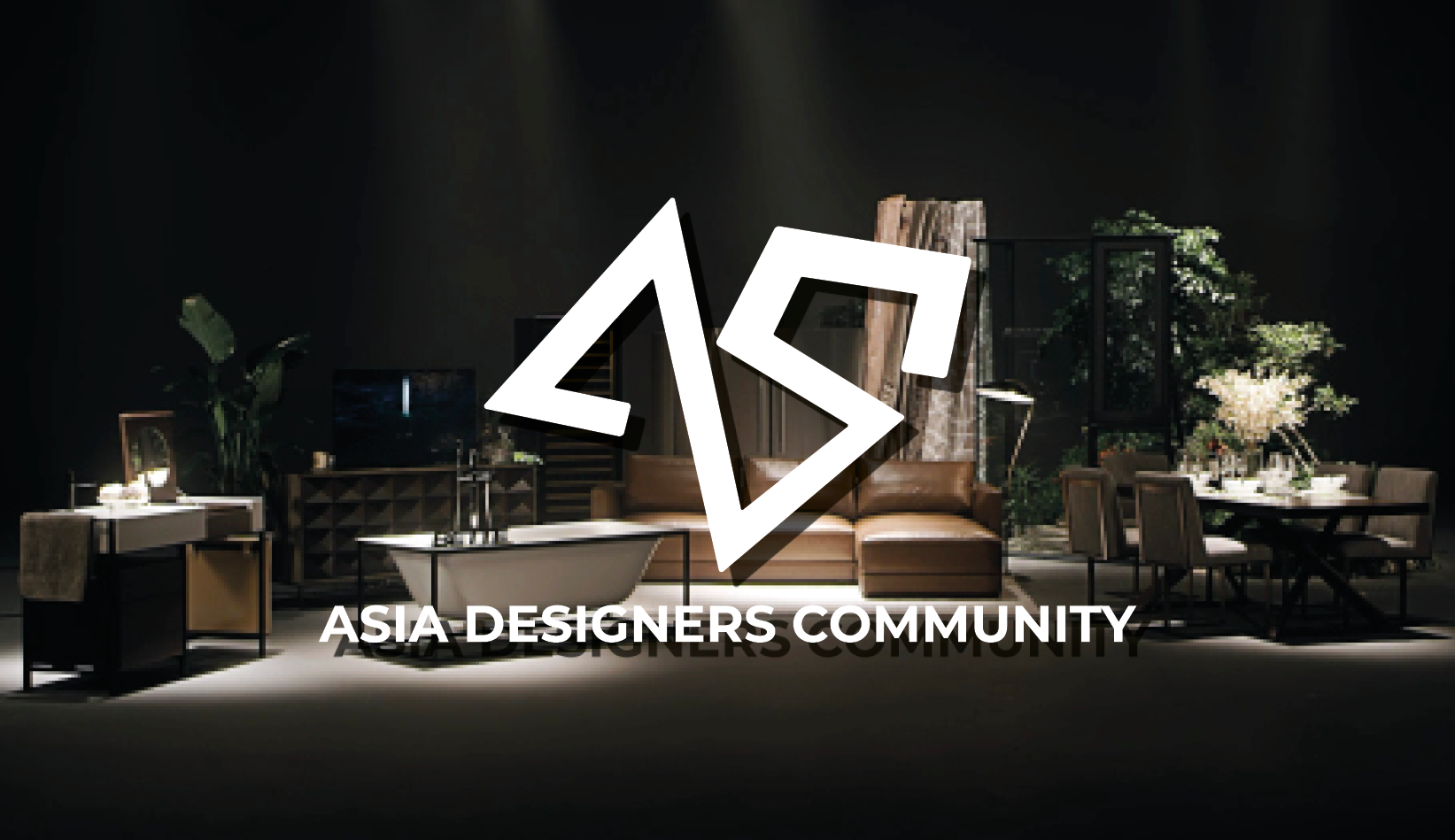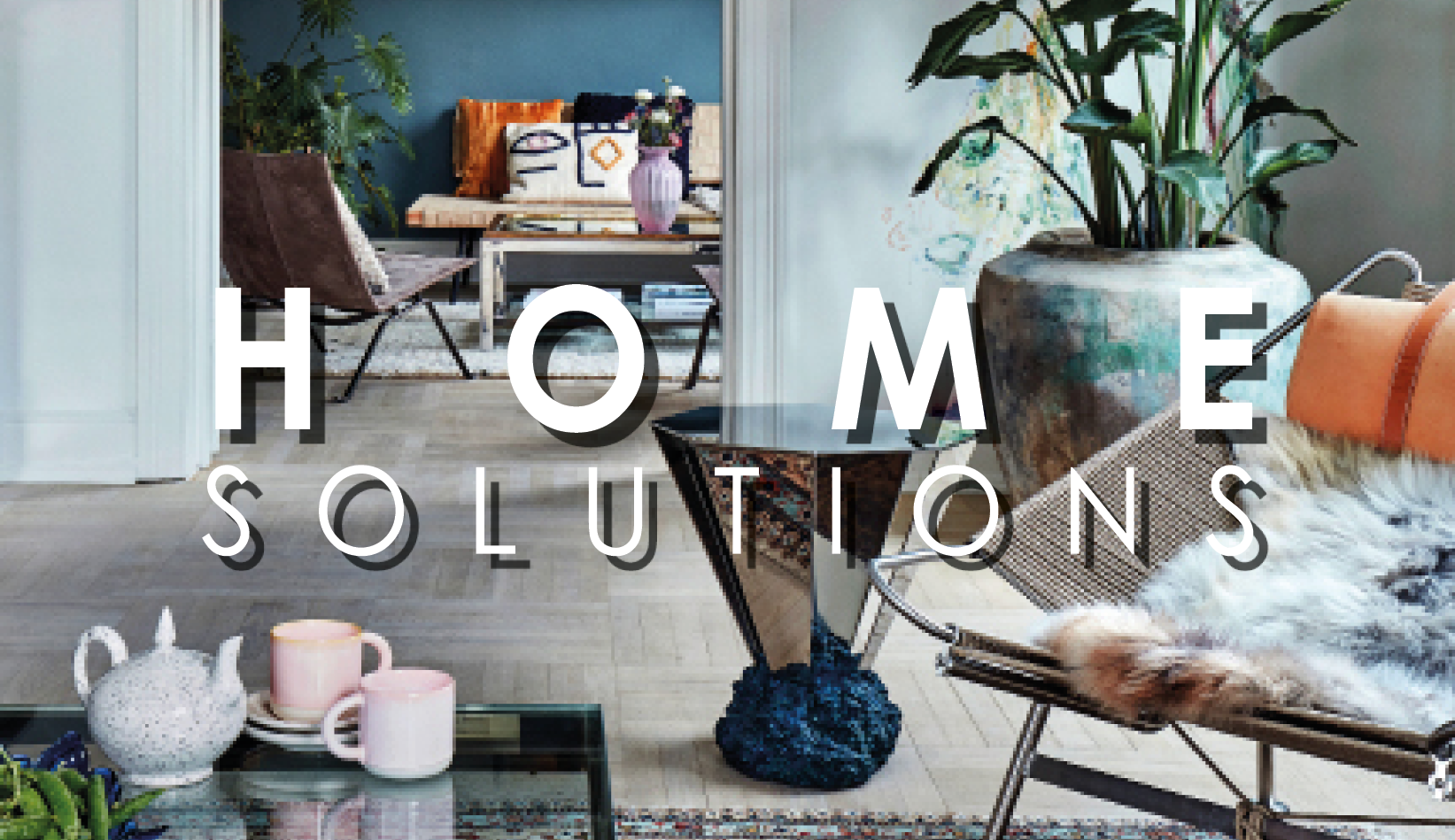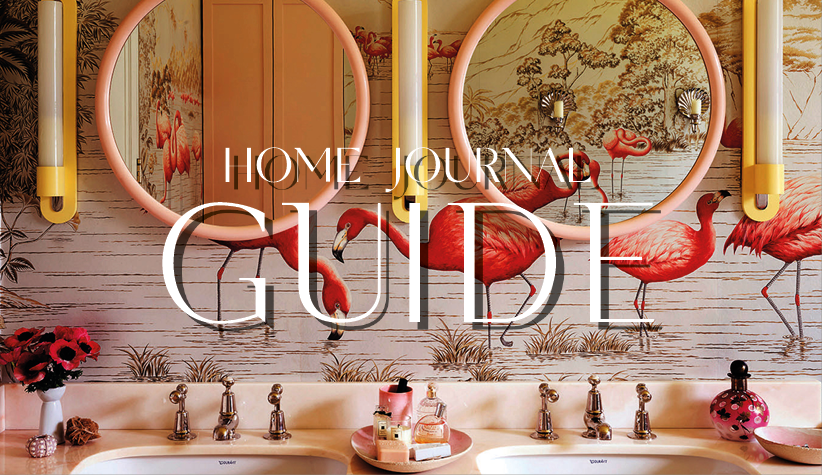The former Soviet republic of Georgia is at the intersection of Europe and Asia, located at the eastern end of the Black Sea on the southern flanks of the main crest of the Greater Caucasus Mountains, right by Russia.
Its capital, Tbilisi, is a buzzing, cosmopolitan city and a fashionable playground for a younger generation of Georgians for whom the Soviet story is ancient history. There has recently been a fresh, contemporary energy that’s transforming Tbilisi into one of Europe’s rising cultural hotspots with its rich, intellectual heritage, numerous museums and galleries, stunning churches, divine cuisine, enviable crafts heritage and vibrant nightlife.

STAY
The Georgian hospitality group Adjara Arch has been quietly leading the way in showcasing a new Georgia with achingly cool hotel projects. Its takeover started with the launch of Rooms Kazbegi in 2012, followed by Fabrika, a dynamic hostel/hotel hybrid that’s housed in a former sewing factory in Tbilisi. Next came Tblisi’s Rooms, and now Stamba, occupying an old communist-era printing house in the once-bohemian neighbourhood of Vera. It’s just off Rustaveli Avenue, the city’s main artery, which plays host to some of the country’s most prestigious landmarks, such as the Georgian National Museum and the Parliament of Georgia.

Rooms and Stamba are linked by a verdant courtyard as well as by their shared owner, the hotelier and entrepreneur Temur Ugulava of Adjara Arch. They also share an eclectic mix of high-design and vintage Georgian craft. Both are laid-back, comfortable spaces with an air of having been there forever, just awaiting your discovery.


They have also been painstakingly renovated. Stamba’s dramatic atrium lobby has been fully opened up over its five floors to reveal its brutalist structural columns. The lofty space teems with tropical plantings and the back walls are lined with tens of thousands of antique books, in a nod to the building’s heritage. Nostalgic references to the Roaring Twenties and the glamorous ’30s alongside the addition of fresh new touches lend the hotel a distinctly contemporary edge.

The rooms have a retro industrial-luxe aesthetic that somehow feels unpretentious. Exposed brickwork and solid brass fixtures are softened by deep-pile carpets, leather bedheads, comfy seating, natural woods, gorgeous copper bathtubs and – most fittingly – a wall of books.

EAT
The hotel’s social spaces include the lovely Café Stamba with its mesmeric tiling, serving up a mix of Georgian comfort-food classics such as kharsho (braised veal stew) and more familiar favourites (ceviche and risotto). The glamorous Pink Bar sits under an enormous crystal chandelier. There is also a large outdoor seating area, garden, and bar.

Stairs lead up to Rooms’ Bar & Kitchen Dining Room and the most relaxed Living Room, with a New York-style art deco vibe. Meanwhile, the nouveau American restaurant The Kitchen is at the heart of Rooms, impressing with its honest cuisine, using organic, seasonal ingredients.

Georgia’s food includes many Middle Eastern flavours, delicious giant pork dumplings courtesy of the Mongols, and bread, from naan-like to pizza-like – and the cuisine rarely disappoints. The staple khachapuri, a bread-like base with several types of cheese and sometimes an egg on top, is deliciously addictive, as well as the beloved Georgian salad (with or without walnut dressing).

SHOP
Fabrika is one of the coolest places in the city to hang out and meet people. This Soviet-era womenswear sewing factory was abandoned when the Soviet Union dissolved in the 1990s and was brought back to life by the Adjara Group in 2016. This beautiful relic of Georgia’s Soviet past, located in one of the city’s oldest districts, is now a social hub used as a cafe, bar, live music venue, co-working space, artist studio, hostel/hotel and superb breakfast spot. The Fabrika lounge is an eclectic open-plan space with polished concrete floors, old kilims, indoor plants, eclectic vintage pieces and designer furniture. Natural light pours in through the floor-to-ceiling windows that line the room. An open courtyard, the Fabrika Yard is filled with bars, restaurants, cool shops and street art.

SEE
Tbilisi offers a remarkable convergence of old and new, with its Persian and Ottoman domes, Soviet towers and art nouveau mansions. Wander the labyrinth of back streets in the Old Town with its painted pastel houses and intricately carved wooden balconies, or the newly restored Kala district, set around Meidan Square, and the sulphur bathhouse with naturally occurring hot springs. From here, meander into the art nouveau district of Sololaki, take a cable car to the Narikala fortress or enjoy stunning views over the river Kura.

Must-see modern architecture in Tbilisi includes the tubular forms of Studio Fuksas’ Music Theatre and Exhibition Hall, offering a periscope to the city, the river and the historical core of Old Tbilisi. Another Fuksas-designed building is the Public Service Hall, with its distinctive petal-shaped rooftops sitting over glass blocks. Don’t miss iconic Soviet-era monuments such as the suggestive postmodern edifice the Wedding Palace, which dominates the landscape like an exuberantly phallic abstract sculpture, or the Bank of Georgia, a striking example of Communist design comprised of “horizontal skyscrapers” arranged like massive Jenga blocks above the river Mtkvari.

The rest of Georgia is just as magical. Think the Caucasus mountain range that runs across the entire length of the country, ski resorts with magnificent scenery, natural gorges and alpine valleys, and the famous Svanetian towers, erected from the ninth to 12th centuries. Georgia is a feast for all the senses – one that that wows you every second of your stay.

Photography: All courtesy images
See more: A New Horizon: Experience Helsinki’s Thriving Creative Scene






